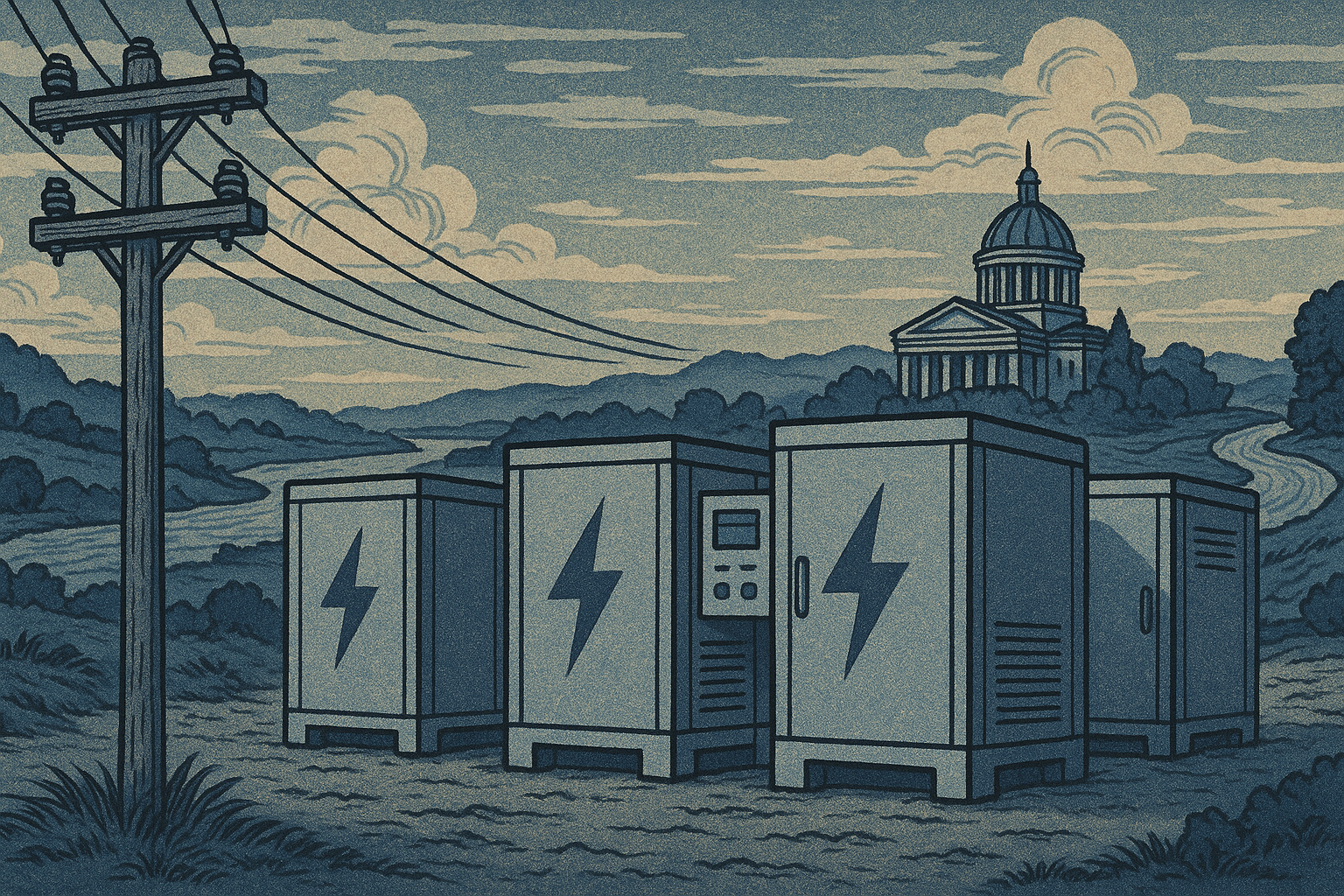🇩🇪 Germany Opens Inertia Market & Grid Tariff Reform
Germany is advancing two regulatory reforms that could reshape the economics and operating model of battery energy storage systems (BESS) 🔋⚡
Grid Tariff Reform
Germany’s Federal Network Agency (Bundesnetzagentur) is reworking how grid fees are applied. Currently, only end consumers pay network charges — but proposals now include:
- Standing charges
- Capacity-based pricing
- Dynamic, time-of-use tariffs
BESS is exempt from grid fees until 2029, but a long-term framework is in development. The goal: enable cost-effective integration of flexible assets while ensuring fair cost-sharing across the system.
Inertia Services Market (2026)
Starting in 2026, German TSOs will begin compensating BESS for providing inertia — a service traditionally supplied by synchronous generators. This creates a new market for battery storage participation in grid stability.
Key elements:
- 2–10 year contracts
- Fixed pricing (to be announced by Jan 2026)
- Bonuses for >90% availability
- Defined technical standard for virtual inertia
🧠 What it means for BESS: The business case isn’t automatically stronger — pricing and implementation details are still emerging. But this marks a new monetizable role for BESS in Germany, especially for systems with grid-forming capabilities.
